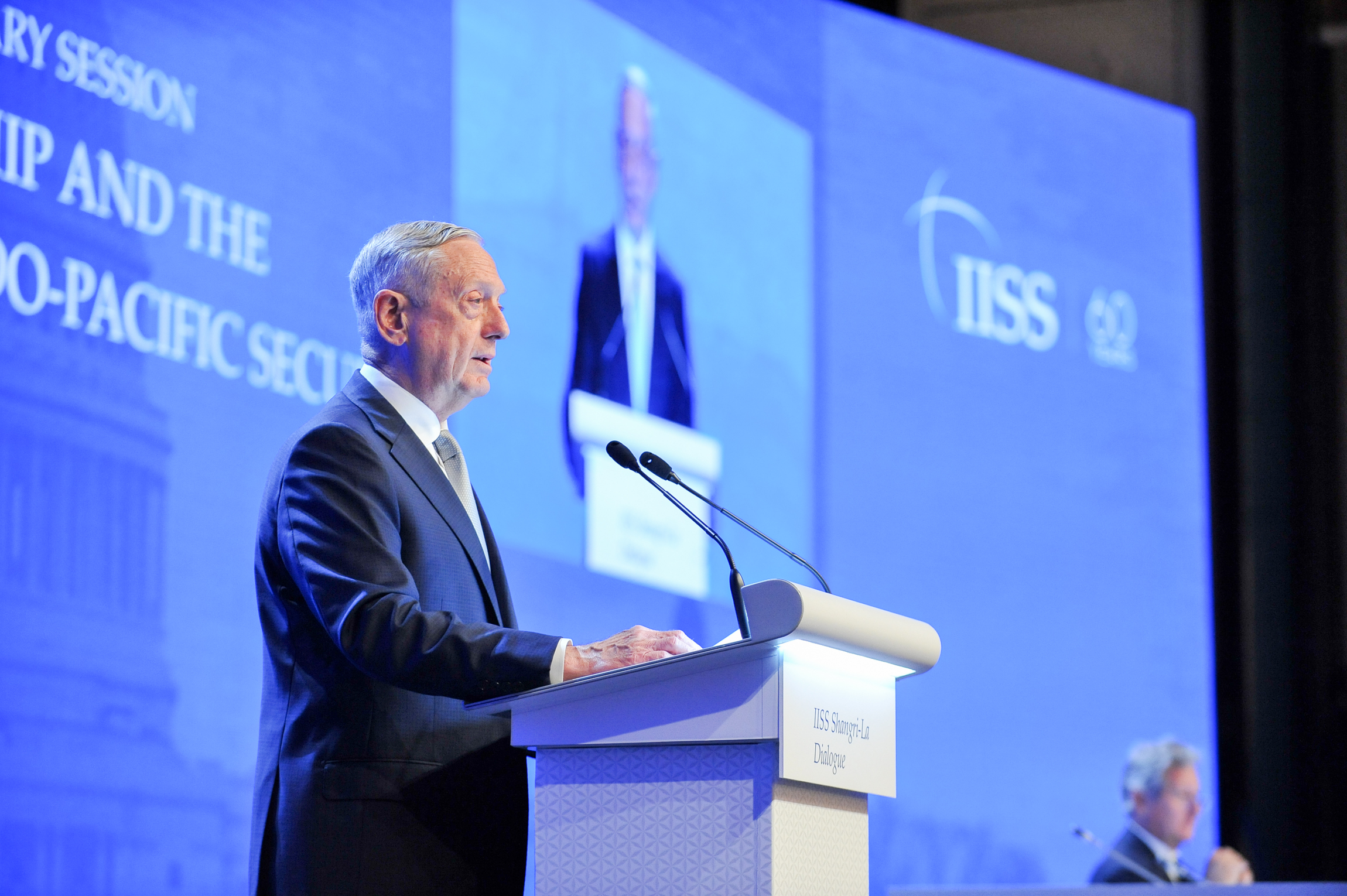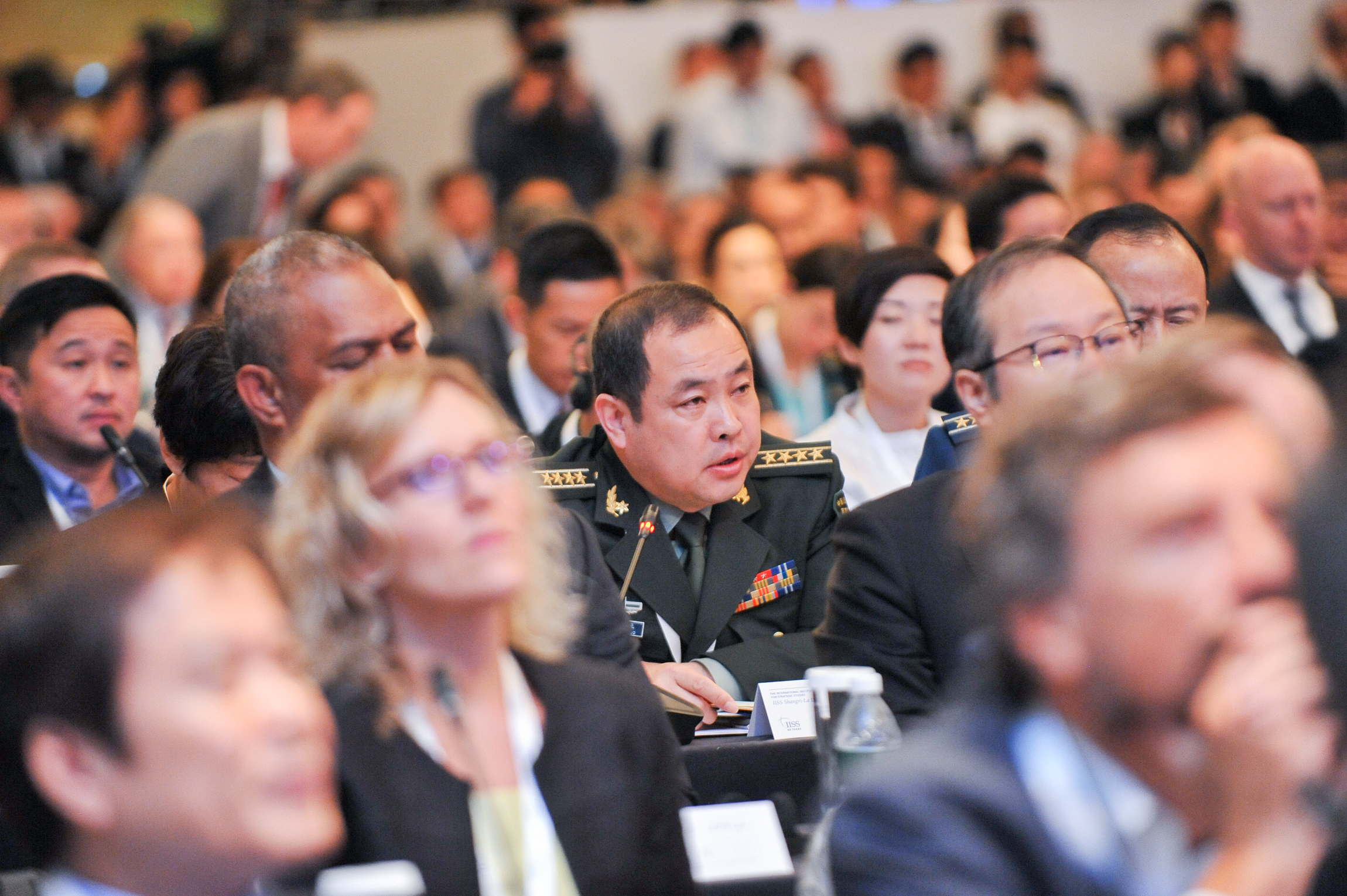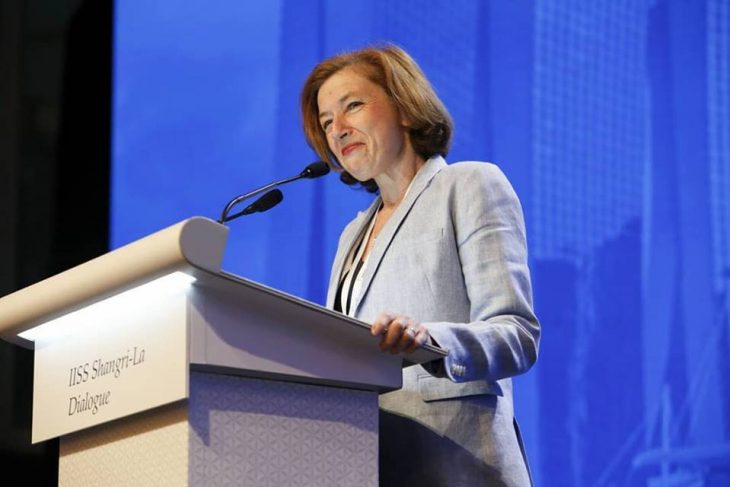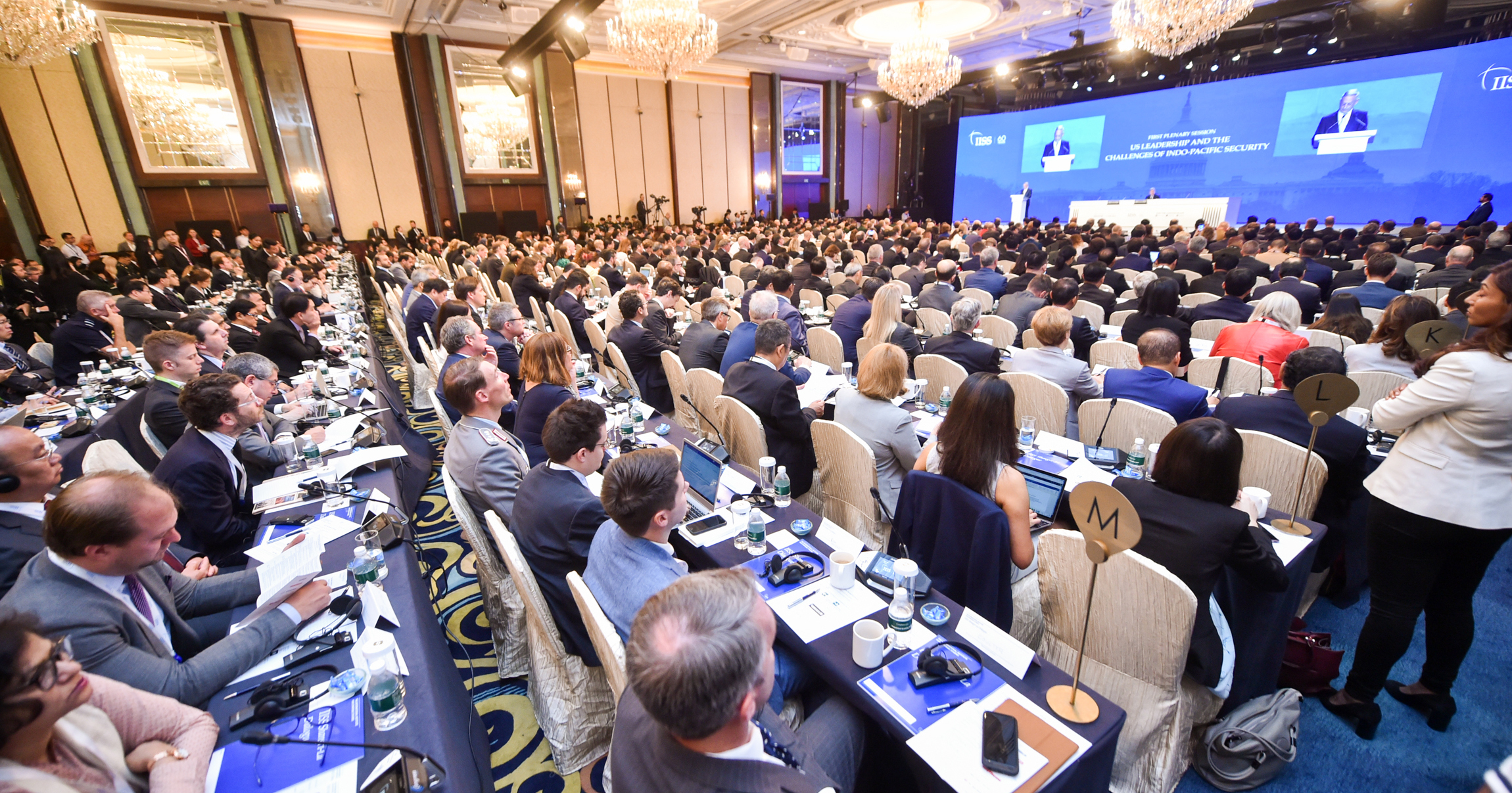If there is anything that one has come to expect of the annual Shangri-La Security Dialogue in Singapore, it's that the actual conference, for all intents and purpose, is pretty serious.
Most of the drama surrounding it tends to be drummed up by the media.
Even China sending a lower level delegation at only the deputy level since 2012 has pretty much become routine.
China more assertive
This year, however, the normally turgid event turned out to be livelier than usual.
This was the result of China's increasingly assertive stance with regards to the South China Sea, with missiles and bombers demarcating the non-negotiable issues, and tourists with politically-charged t-shirts casually asserting rights.
Both China and the West came to Singapore prepared to defend their positions: The Western delegates on "freedom of navigation for all nations" and the Chinese delegate maintaining that the South China Sea has historically been their territory.
What ensued was plenty of shade hurled between the Chinese and Western delegations, with neither side pulling their punches on the cattiness of their comments.
US vs. China
 Source: IISS
Source: IISS
US Defense Secretary Jim Mattis set the tone by accusing China of engaging in "intimidation and coercion" in the South China Sea and took the high road by stressing:
"We do not do freedom of navigation for America alone, we do freedom of navigation for all nations... we do not see it as a militarisation by going through what has traditionally been international water space. We see it as affirmation of the rules-based international order."
Mattis also took a swipe, supposedly, at China's One Belt, One Road initiative, with the following comment:
"I believe there are much larger consequences in the future when nations lose the rapport of their neighbors, when they believe that piling mountainous debts on their neighbors and somehow removing the freedom of political action is the way to engage with them."
China did not miss the beat and fired back.
General Yao Yunzhu, a retired PLA major, countered:
"The US has created a grand narrative consisting of keywords including ‘rule-based order’, ‘freedom of navigation and overflight’, and ‘militarisation’ – once you hear these words, you know it’s a criticism targeting China."
Senior Colonel Zhao Xiaozhuo, from China's Academy of Military Science, added that "it was inevitable that China had to hit back at Mattis' accusations."
"But engaging in a fight does not help to solve the problems," he said.
 General Zhao Xiaozhuo. Source: IISS
General Zhao Xiaozhuo. Source: IISS
Mattis, however, was not their only opponent to push the Chinese delegation's buttons.
France and UK vs. China
France and the UK also joined the US in the shade battle with China.
British Secretary of State for Defence, Gavin Williamson, poked China about its flouting of international laws, saying: "We have to make it clear that nations need to play by the rules, and there are consequences for not doing so."
French Defence Minister Florence Parly backed Williamson up by mentioning how the UK and France shared their views on Asia in maintaining a "rules-based international order" and that Brexit would have no impact on this in any way whatsoever.
 Source: Florence Parly Facebook
Source: Florence Parly Facebook
Parly added that a joint naval convoy by the UK and France would set sail for "certain areas" in the South China Sea, as she elaborated:
"I mean those areas where, at some point, a stern voice intrudes into the transponder and tells us to sail away from supposedly territorial waters."
This led to Yao shooting back with the following statement:
"France to my knowledge is not a negotiating state, so what kind of international law have you based your remarks on to make such demanding requests?"
China vs. the Dialogue
Little wonder then that this eventually resulted in the Chinese delegation complaining that "[t]he Western delegates always stick together" and were ganging up on them.
Yao voiced frustration with the Western delegates speaking only in English, which made it "difficult for us to communicate" and pointed out how "the way the Western delegates speak and behave is different from the style we’re used to."
However, William Choong, Shangri-La Dialogue senior fellow for Asia-Pacific Security at the IISS, noted:
“Given the open nature of the Shangri-La Dialogue, we as organiser cannot control the speeches made or the questions being raised by other countries during the dialogue.”
[related_story]
This point was not lost on the Chinese delegation.
In an acknowledgement that perhaps shade-throwing would be the new reality of the dialogue, Lieutenant Colonel Zhang Chi, an associate professor at the Chinese National Defence University’s strategic advisory centre, put a positive spin on the experience, stating:
"I don’t think criticism is a bad thing – the fact that we hear many criticisms also means that China is rising and is now engaging more on the world stage."
One can only imagine how catty everyone will become at the next dialogue again.
Top photo by International Institute for Strategic Studies
If you like what you read, follow us on Facebook, Instagram, Twitter and Telegram to get the latest updates.
